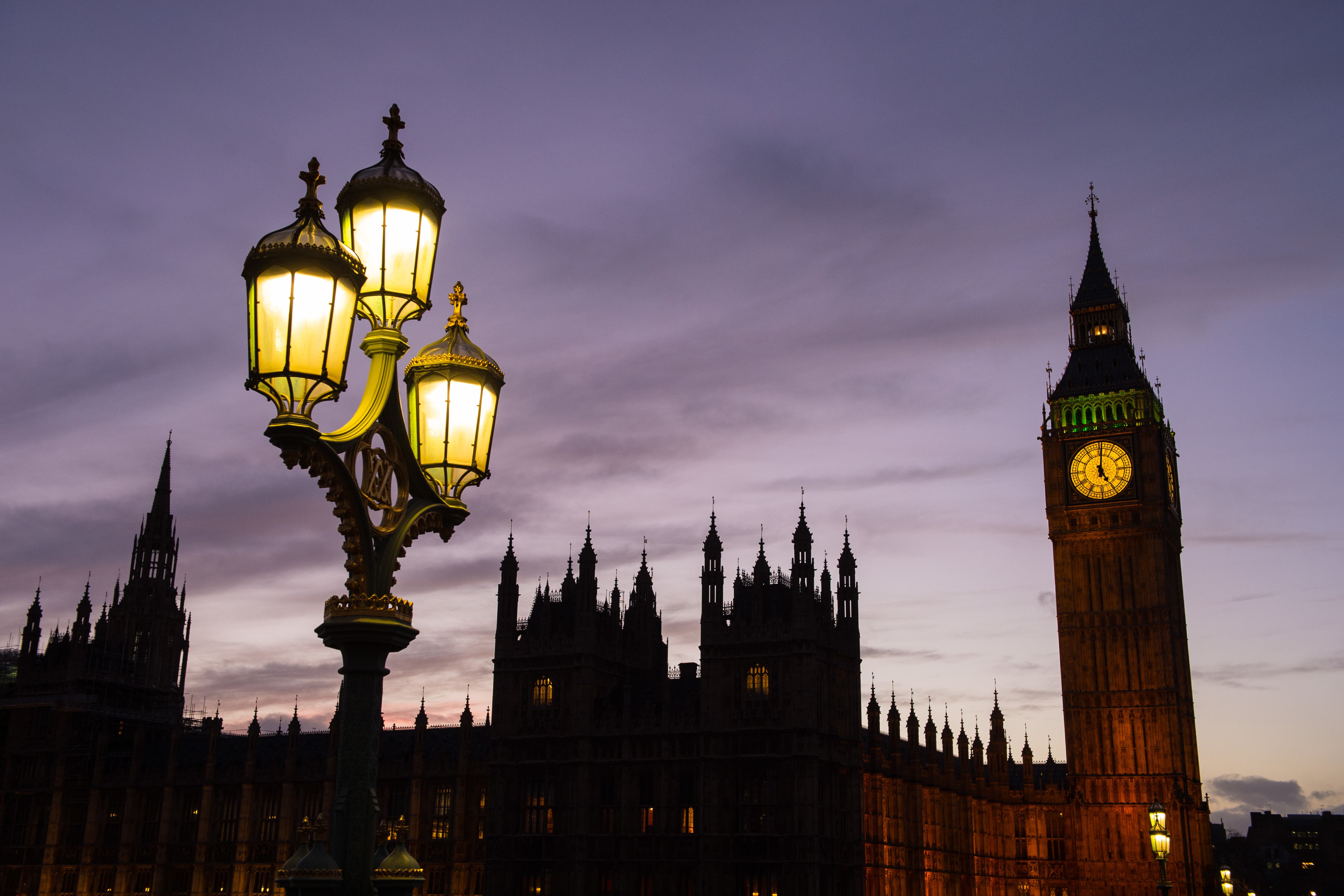Peers demand ditching of Troubles amnesty in Government defeat
A former Northern Ireland secretary pointed out the contentious immunity measure has been ‘almost universally condemned’ in the region.

Your support helps us to tell the story
From reproductive rights to climate change to Big Tech, The Independent is on the ground when the story is developing. Whether it's investigating the financials of Elon Musk's pro-Trump PAC or producing our latest documentary, 'The A Word', which shines a light on the American women fighting for reproductive rights, we know how important it is to parse out the facts from the messaging.
At such a critical moment in US history, we need reporters on the ground. Your donation allows us to keep sending journalists to speak to both sides of the story.
The Independent is trusted by Americans across the entire political spectrum. And unlike many other quality news outlets, we choose not to lock Americans out of our reporting and analysis with paywalls. We believe quality journalism should be available to everyone, paid for by those who can afford it.
Your support makes all the difference.The Government has suffered a defeat as peers backed stripping out a key part of controversial plans aimed at dealing with Northern Ireland’s troubled past which critics had branded an amnesty.
The House of Lords supported by 197 votes to 185, majority 12, a demand to remove the contentious immunity provision from the Northern Ireland Troubles (Legacy and Reconciliation) Bill.
The move to ditch it was spearheaded by Labour former Northern Ireland secretary Lord Murphy of Torfaen, who pointed out the measure had been “almost universally condemned” in the region.
The Government had proposed the new law would provide immunity for people accused of crimes during the Troubles, as long as they co-operate with a new truth recovery body, known as the Independent Commission for Reconciliation and Information Recovery (ICRIR).
The Bill would also halt future civil cases and inquests linked to killings during the conflict.
Despite the Government introducing a string of amendments to the draft legislation, it remains widely opposed by political parties, the Irish Government and victims’ groups.
In a further setback for the Government, peers voted by 203 to 179, majority 24, for a move to ensure a minimum standard for case reviews by the ICRIR.
This would require investigations are conducted to criminal standards, along the lines of Operation Kenova, which saw former Bedfordshire chief constable Jon Boutcher lead fresh probes into a number of atrocities.
The defeats set the stage for a tussle between the unelected chamber and Government known as parliamentary ping-pong, when legislation moves between the Lords and Commons.
On the conditional immunity measure, Lord Murphy said: “This is the most contentious and controversial part of the Bill. It is almost universally condemned in Northern Ireland.”
The Government saw off challenges relating to the bringing of public prosecutions and the bar on inquests, investigations and inquiries into killings during the conflict.